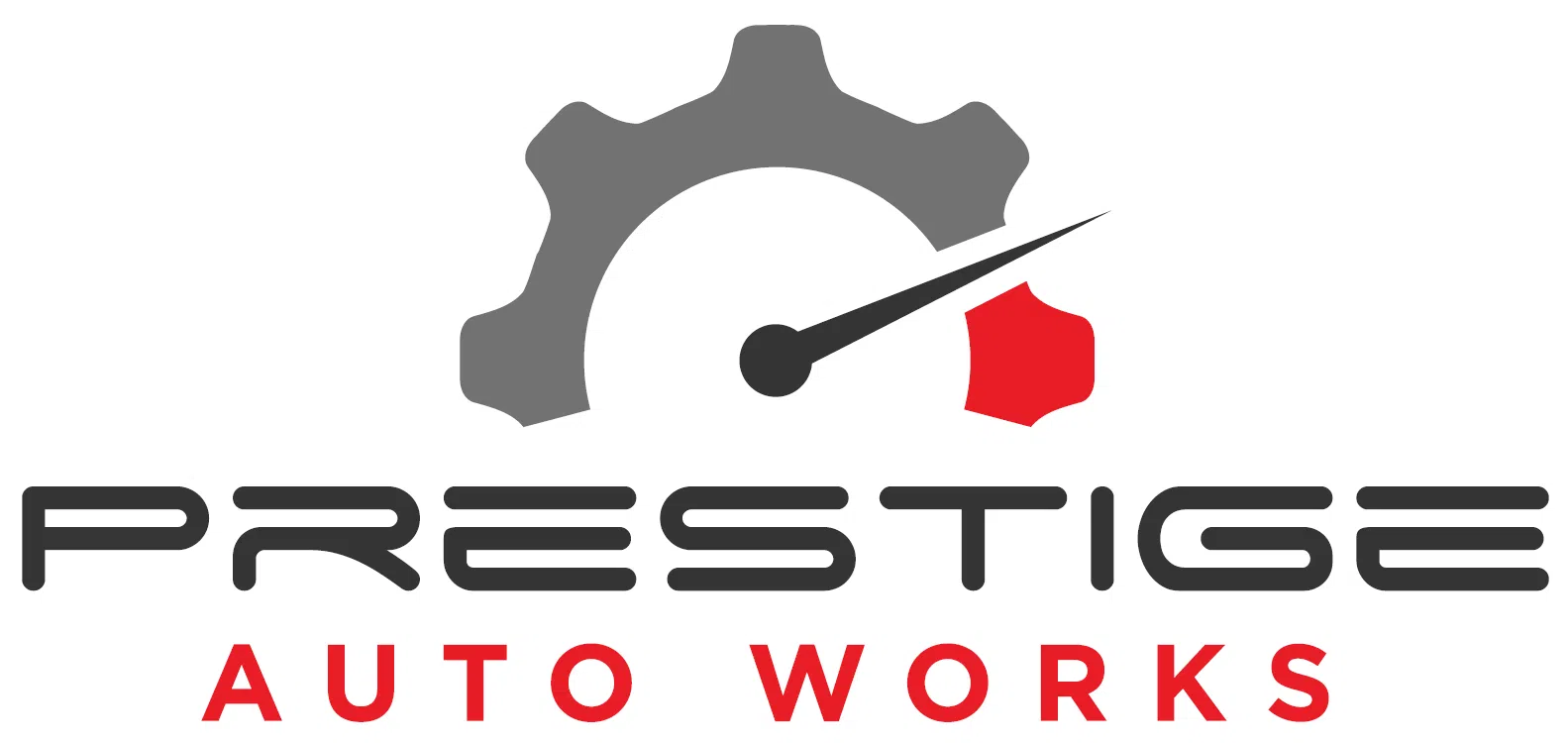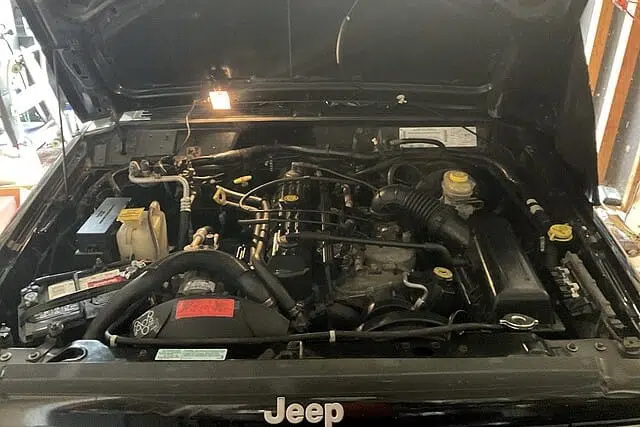Jeep engines, renowned for their durability and ruggedness, still encounter common mechanical issues that can hinder their performance. This article delves into the top 10 common issues with Jeep engines, offering insights and solutions to these frequently encountered problems. We aim to guide Jeep owners through troubleshooting these issues, ensuring they can enjoy their vehicles’ robust performance for years to come.
1. Oil Leakage Concerns
Oil leaks in Jeep engines are not only common but can also lead to severe long-term damage if not addressed promptly. The engine block, oil pan gasket, and valve cover gasket are typical spots where leaks can occur, often due to age and wear. Identifying the source of the leak early can save you from costly repairs down the road.
- Check regularly: Inspect the oil pan and valve covers during routine maintenance.
- Seal replacement: Replace worn seals and gaskets to prevent future leaks.
- Professional inspection: If leaks persist, consult with a professional to diagnose deeper issues.
2. Overheating Engine Solutions
Overheating can be a sign of various issues within a Jeep’s cooling system, such as a malfunctioning radiator, issues with the water pump, or a clogged coolant hose. Keeping the cooling system in check is crucial to preventing engine damage from overheating.
- Coolant flush: Perform regular coolant flushes to keep the cooling system efficient.
- Inspect radiator: Check for leaks or blockages in the radiator and repair if necessary.
- Thermostat check: Ensure the thermostat is functioning properly to regulate engine temperature.
3. Ignition System Failures
Faulty spark plugs or a failing ignition coil can cause significant issues in starting your Jeep or may lead to rough engine operation. These components are vital for proper engine performance and should be checked regularly to avoid unexpected breakdowns.
- Regular maintenance: Replace spark plugs according to the manufacturer’s guidelines.
- Coil inspection: Test ignition coils and replace them if they show signs of failure.
- Diagnostics: Use an OBD-II scanner to detect ignition-related error codes.
4. Exhaust System Complications
Cracks or leaks in the exhaust system can lead to performance losses and increased emissions. These issues may stem from rust accumulation or physical damage to the exhaust manifold or pipes.
- Visual inspection: Regularly check for rust or damage, especially after off-road driving.
- Emissions testing: Conduct emissions tests to ensure that the exhaust system meets legal standards.
- Replace faulty components: Install new parts as necessary to maintain optimal exhaust function.
5. Faulty Fuel Injectors
When Jeep fuel injectors become clogged or malfunction, you might notice a decline in performance and an increase in fuel consumption. Keeping fuel injectors clean is crucial for maintaining engine efficiency.
- Use quality fuel: Avoid low-quality gasoline that can leave residues leading to clogs.
- Injector cleaning: Consider professional injector cleaning services for optimal performance.
- Regular checks: Monitor engine performance and fuel economy as indicators of injector health.
6. Electrical Malfunctions
Jeep engine electrical issues can range from a simple blown fuse to complex wiring problems. These electrical components are essential for starting your Jeep and for its electronic systems to function correctly.
- Check fuses and wiring: Inspect for damaged wires and replace blown fuses.
- Battery maintenance: Ensure the battery is charged and connections are clean and tight.
- Professional diagnostics: For complex issues, a detailed diagnostic by a professional is recommended.
7. Check Engine Light Alerts
The check engine light can indicate various issues, from minor sensor faults to critical engine problems. Reading the diagnostic codes is crucial for pinpointing the exact issue.
- Code reading: Use an OBD-II reader to retrieve error codes and understand the issues.
- Address warnings promptly: Do not ignore the check engine light; address issues as soon as possible.
- Regular engine scans: Incorporate engine diagnostic scans into your regular vehicle maintenance.
8. Engine Stalling Fixes
Engine stalling can be caused by a variety of issues such as fuel system problems, faulty sensors, or electrical system faults. Addressing these issues promptly can prevent more severe problems.
- Fuel system check: Ensure the fuel pump and filters are functioning correctly.
- Sensor testing: Test sensors such as the crankshaft position sensor for faults.
- Comprehensive diagnostics: Consider a full diagnostic check-up if stalling persists.
9. Poor Fuel Economy
If your Jeep begins consuming more fuel than usual, it could be due to issues like underinflated tires, misaligned wheels, or a dirty air filter. Addressing these can help restore fuel efficiency.
- Tire pressure and alignment: Check and adjust as necessary.
- Air filter replacement: Replace the air filter regularly to ensure proper air intake.
- Driving habits: Monitor and adjust your driving practices for better fuel efficiency.
10. Rough Idling Issues
Rough idling can be uncomfortable and may indicate problems like a misfiring engine or poor fuel mixture. It’s important to diagnose and resolve these issues to ensure smooth operation.
- Check spark plugs and wires: Ensure they are in good condition and replace if necessary.
- Idle speed settings: Adjust the idle speed according to the manufacturer’s specifications.
- Fuel mixture adjustments: Check the fuel mixture for optimal performance.
Key Takeaways from Common Jeep Engine Issues
This article has covered essential aspects of common problems faced by Jeep engines, providing practical advice on diagnosing and solving these issues. Keeping up with regular maintenance and promptly addressing any signs of trouble can significantly extend the lifespan of your Jeep’s engine and ensure its performance remains top-notch.
Frequently Asked Questions
- What is the most common cause of Jeep engine problems?
- Many engine issues stem from neglecting regular maintenance, such as oil changes and timely replacement of wear items like spark plugs and filters.
- How often should I check my Jeep’s oil level?
- Check the oil level at least once a month and before any long trip to prevent low oil levels, which can cause engine damage.
- Can I perform Jeep engine diagnostics myself?
- With a basic OBD-II scanner, you can perform rudimentary diagnostics at home to identify error codes and basic engine issues.
- What should I do if my Jeep’s engine overheats?
- Stop driving, let the engine cool down, and check the coolant level and radiator for leaks. If the problem persists, consult a professional.
- How can I improve my Jeep’s fuel efficiency?
- Regular maintenance, ensuring tires are properly inflated, and driving more conservatively can all help improve fuel efficiency.
- About the Author
- Latest Posts
With more than two decades of experience, Prestige Auto Works stands as an authority in the automotive industry in Slidell. Our team is bolstered by top-level dealer certifications and the constant presence of an ASE master technician, ensuring expertise in everything from routine maintenance to complex engine replacements.


